Yet another tech firm has decided to settle with US President Donald Trump.
YouTube, which is owned by Google, has agreed to pay Trump $24.5 million (Rs 218 crore) to resolve a lawsuit by the president. This is the third such tech company that has agreed to do so in recent months. Two other media companies have also negotiated settlements over lawsuits.
The development comes just a week after YouTube announced it would reinstate accounts of those banned for spreading misinformation about the COVID-19 pandemic as well as the 2020 US presidential election. “YouTube values conservative voices on its platform and recognises that these creators have extensive reach and play an important role in civic discourse.”
Let’s take a look at how Trump’s suspension from social media became a million-dollar penalty for tech and media firms.
YouTube
Y ouTube agreed to pay the settlement to Trump after it banned his account in the aftermath of the January 6 riot in the US Capitol in 2021. Trump, remember, had held a rally in Washington DC after his loss in the 2020 election – which he claimed was ‘stolen’. Trump in the lead-up to the events had exhorted his supporters to ‘fight like hell’ for the country and even claimed he would march with them on the Capitol.
Over 140 police officers were injured after Trump supporters attempted to storm the Capitol to stop Joe Biden’s victory in the 2020 election from being certified. Though hundreds of Trump supporters were arrested and convicted in the aftermath of the riots, the administration has pardoned many of them.
The settlement was made by the company’s parent firm Alphabet. YouTube will pay the Trust for the National Mall, a non-profit group that is looking to raise $200 million (Rs 1,777 crore) to build a new ballroom at the White House, $22.5 million (Rs 200 crore). It will also pay another $2.5 million (Rs 22 crore) to other parties who were part of Trump’s lawsuit including writer Naomi Wolf and the American Conservative Union.
YouTube had suspended Trump from the platform on January 12, 2021, claiming it had “concerns about the ongoing potential for violence”.
This came after Trump uploaded a video claiming his speech before the riot at the Capitol was “totally appropriate”. The company banned Trump from the platform indefinitely. Trump responded by suing YouTube and Alphabet CEO Sundar Pichai, claiming he was banned for “non-existent or broad, vague and ever-shifting standards.”
YouTube in a response to the suit had claimed that it “ is not a state actor and its exercise of editorial discretion over its private service does not implicate Plaintiffs’ First Amendment rights.”
Watchdog group Media Matters slammed the settlement as “shameful and shortsighted.”
Media Matters president Angelo Carusone said, “YouTube’s capitulation is shameful and shortsighted. Needlessly folding now will only help encourage Trump’s efforts to stifle dissent by bringing media and online platforms to heel.”
Meta and X
In January, Meta, which owns Facebook, agreed to pay Trump $25 million (Rs 222 crore) as a settlement.
Trump in 2021 had similarly sued Meta and CEO Mark Zuckerberg for suspending him from Facebook. That ban, which it said would last a minimum of two years, also came in the aftermath of the riots at the US Capitol. Meta had reinstated Trump’s accounts on Facebook and Instagram in the lead-up to the 2024 election.
Meta said it would pay Trump $22 million (Rs 195 crore) for his presidential library as well as another $3 million (Rs 27 crore) to other plaintiffs who joined the lawsuit.
In February, social media platform X, which Trump ally Elon Musk bought in 2022, gave Trump a $10 million (Rs 89 crore) settlement. Musk had restored Trump’s account on the platform after conducting a poll on his social media website.
The three cases were initially filed by Trump lawyer John Coale, who is currently the president’s deputy special envoy to Ukraine and Belarus. Coale told The Wall Street Journal that Trump’s victory in 2024 was key to the settlements.
“If he had not been re-elected, we would have been in court for 1,000 years,” Coale added.
The settlements – none of which have admitted liability – come as big tech companies have tacked to the right since Trump and the Republicans won unified control of the US government in 2024. Pichai, the CEO of Alphabet, Mark Zuckerberg, the CEO of Meta, and X CEO Elon Musk were all at Trump’s 2024 inauguration. Meta also donated $1 million (Rs 9 crore) to Trump’s inauguration fund.
The relationship between Republicans and big tech companies, whom they had accused of censoring conservative voices during the COVID-19 pandemic and the 2020 election against Joe Biden and again in 2024, has also undergone a sea change.
Paramount and ABC News
Tech companies aren’t the only ones looking to soothe Trump. Media companies have also been settling lawsuits to get on the good side of the president.
In July, Paramount paid Trump $16 million (Rs 142 crore) to settle a lawsuit over claims they ‘deceptively edited’ a 60 Minutes interview with his 2024 presidential rival Kamala Harris.
The development came in the backdrop of a merger between Skydance studios, owned by Trump ally Larry Ellison, and iconic media company Paramount. The deal required the approval of the Federal Communications Commission (FCC) – which regulates broadcasting in the US – and is led by Trump loyalist Brendan Carr.
The merger was approved just days after CBS, which is owned by Paramount, fired comedian Stephen Colbert – a fierce critic of Trump – from his late-night show. Trump later took to social media to crow about the decision, claiming Jimmy Kimmel of ABC and Jimmy Fallon from NBC ‘were next’.
While Paramount insists the two things had nothing to do with each other, Democrats have vowed to investigate. There are now rumours that Paramount is eyeing yet another merger with Warner Brothers-Discovery – which would create a mega media corporation that could rival Disney and Netflix and make Ellison one of the most powerful media barons in the world.
In December, ABC agreed to pay Trump $15 million (Rs 133 crore) to settle a defamation case filed by him against the network and one of its anchors, George Stephanopoulos. The anchor inaccurately claimed on air that Trump, the then president-elect, had been found civilly liable for raping writer E. Jean Carroll.
Carr recently threatened to revoke ABC’s licence if it refused to punish comedian Jimmy Kimmel for comments made in the aftermath of Charlie Kirk’s death.
“We could do this the easy way or the hard way,” Carr said.
ABC reacted by suspending Kimmel from his late-night show indefinitely – only to reverse its decision amid outrage from all quarters about government censorship. Even Republican politicians such as Ted Cruz and Rand Paul and right-wing influencers pushed back against Kimmel’s suspension. The US president reacted with fury after Kimmel was reinstated to his late-night comedy slot on ABC.
Trump too has openly mused about suspending the licences of media companies that are ‘anti-Trump’.
“I have read some place that the networks were 97 per cent against me, again, 97 per cent negative, and yet I won and easily [in last year’s election]. They give me only bad publicity [and] press. I mean, they’re getting a licence. I would think maybe their licence should be taken away.”
It remains to be seen which other tech and media firms decide to continue to kowtow to Trump.
With inputs from agencies


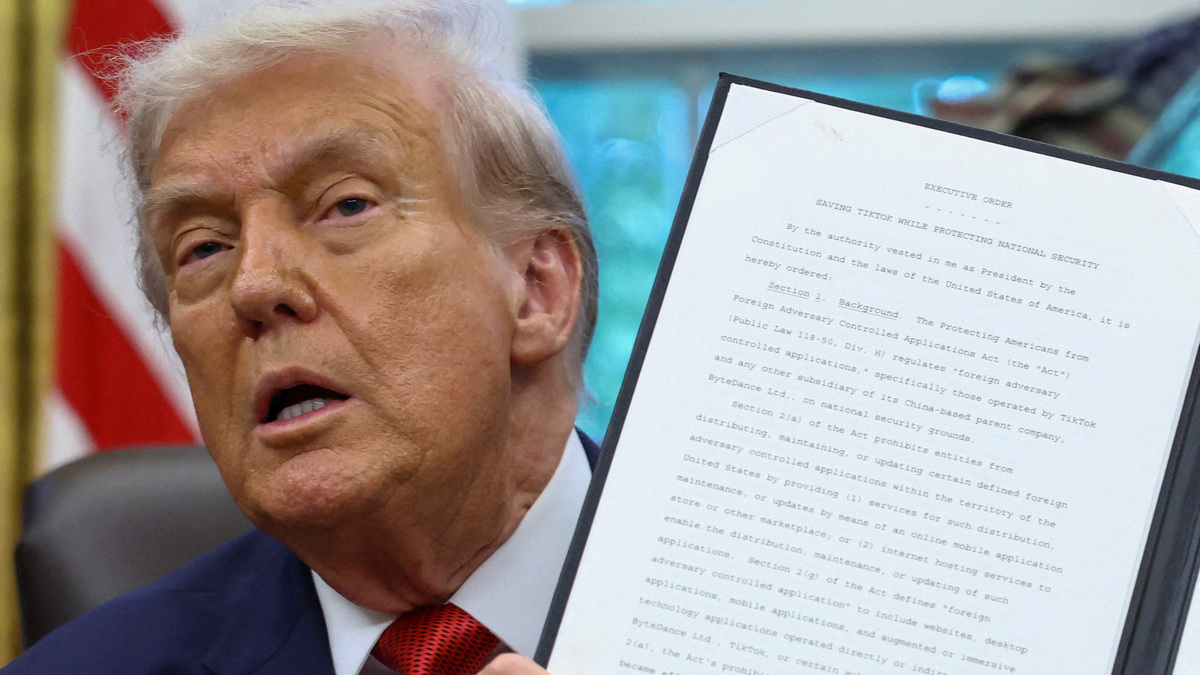)
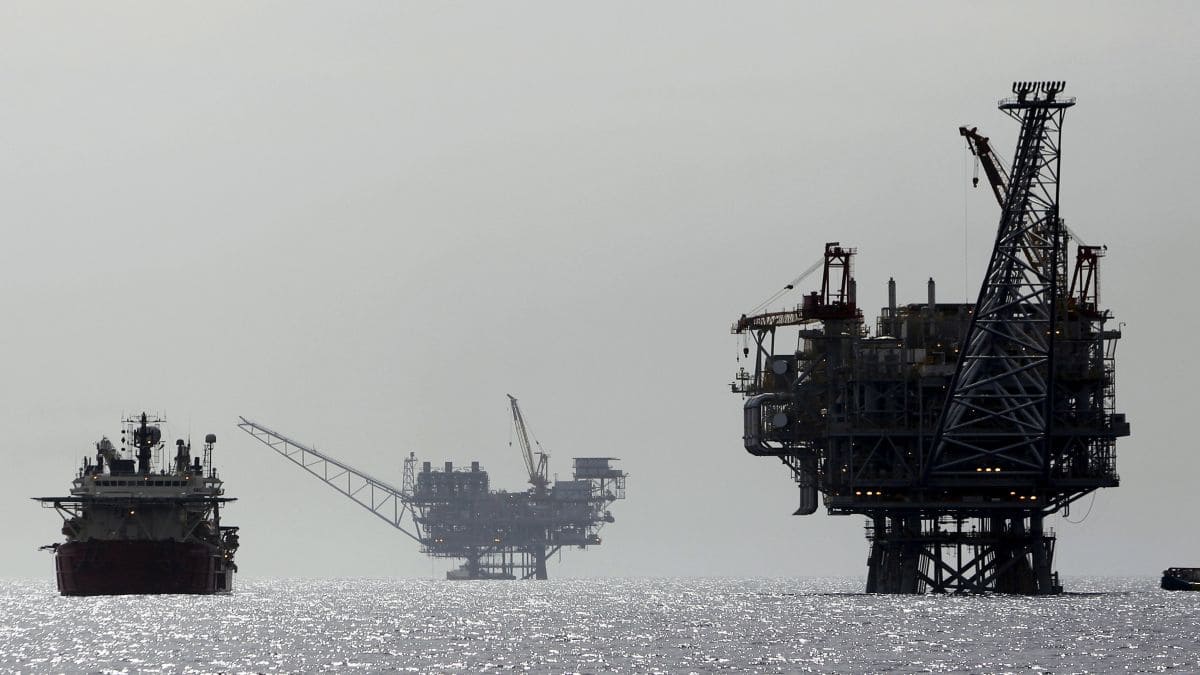
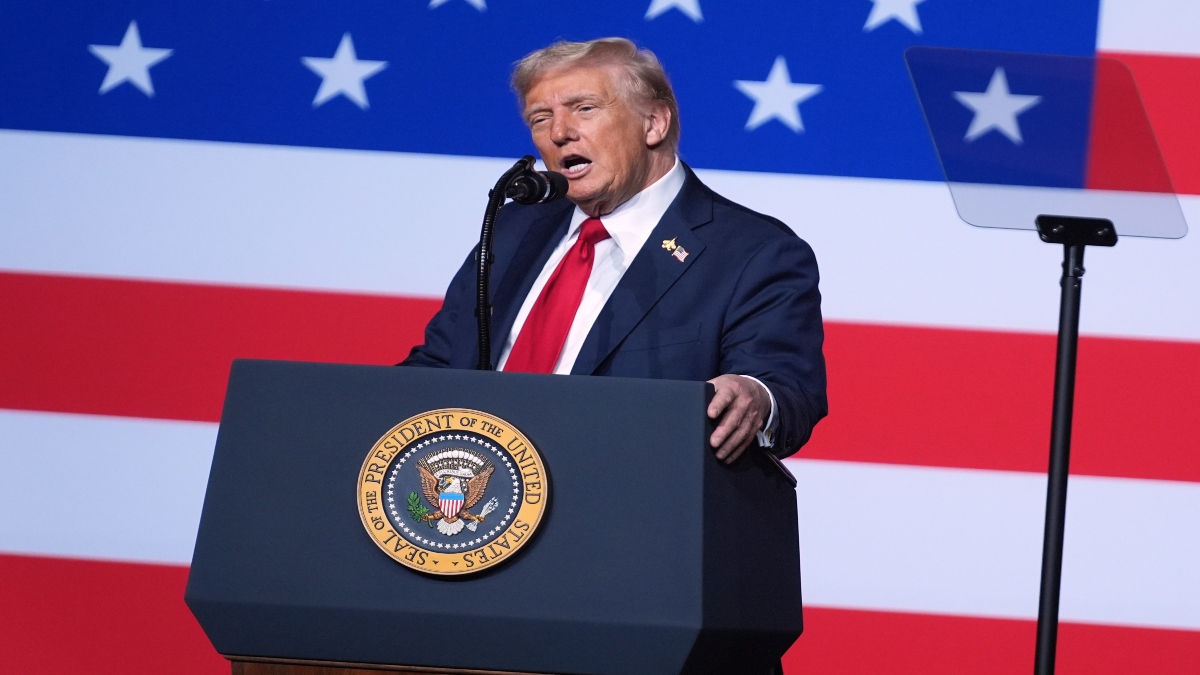)
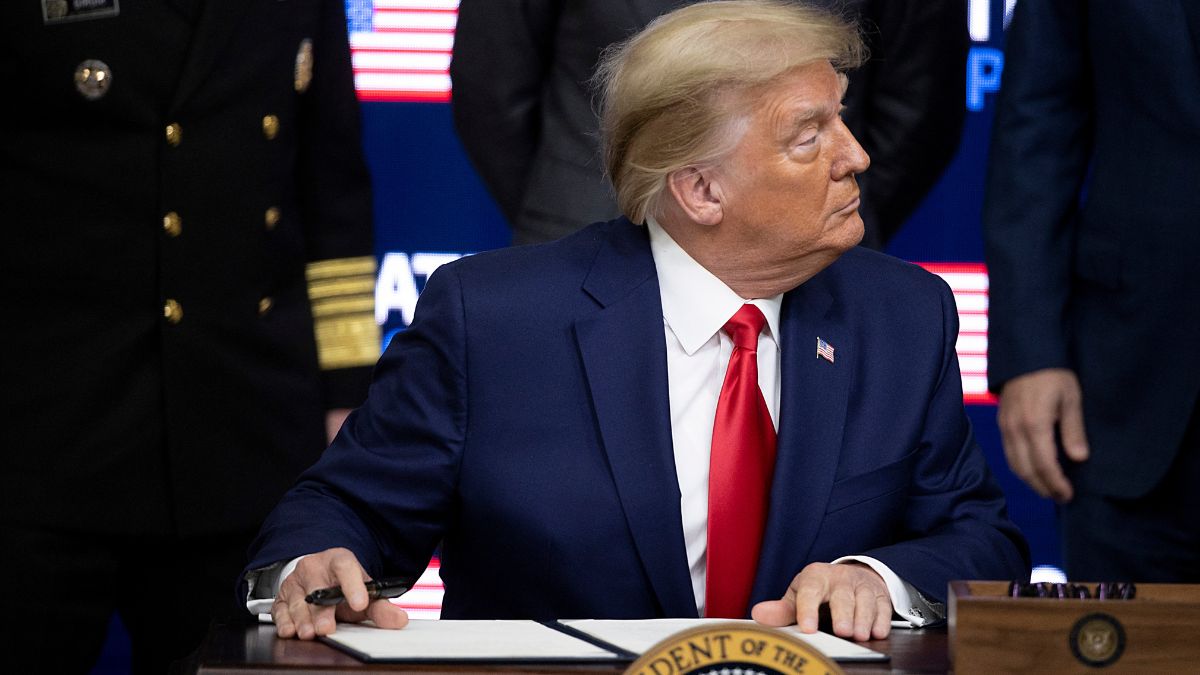)
)
)
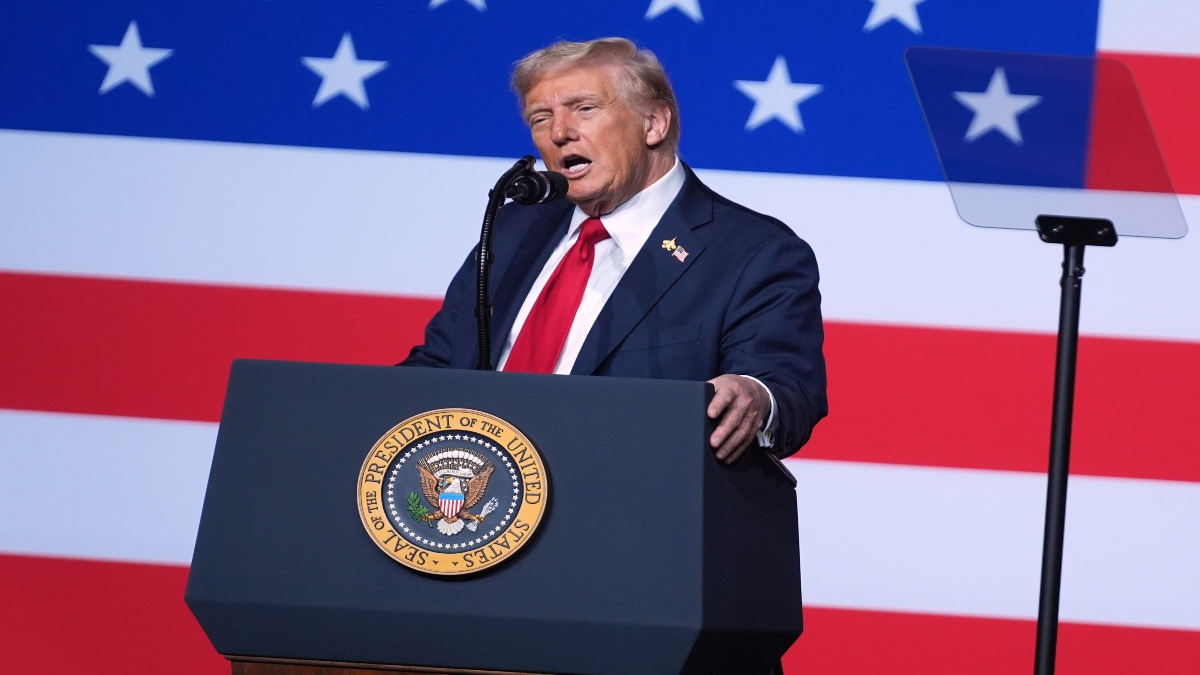)
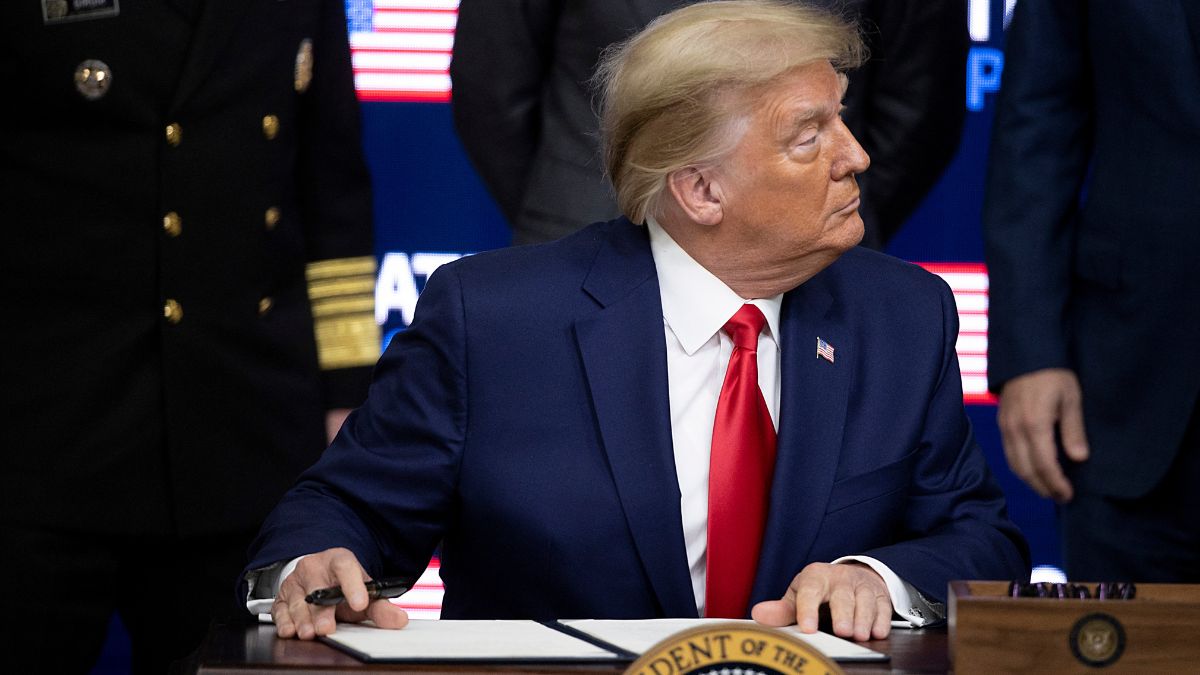)
)
)



